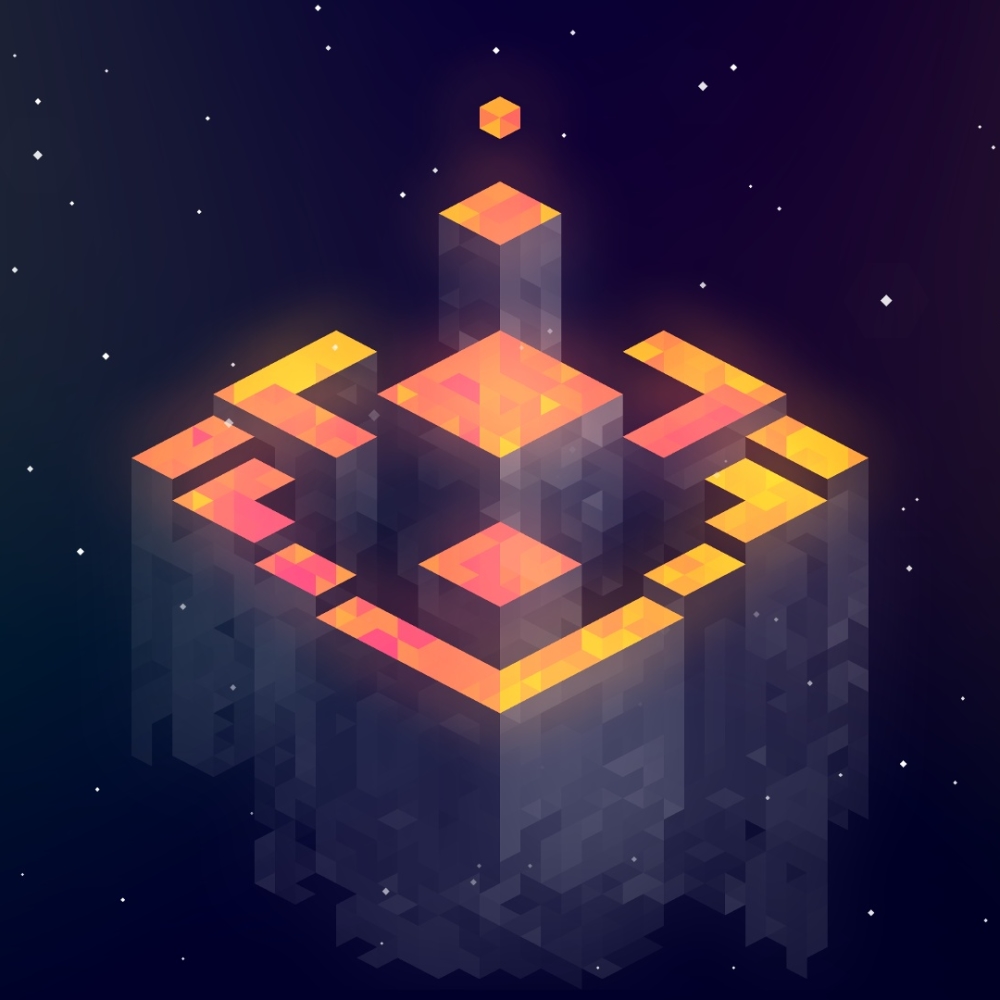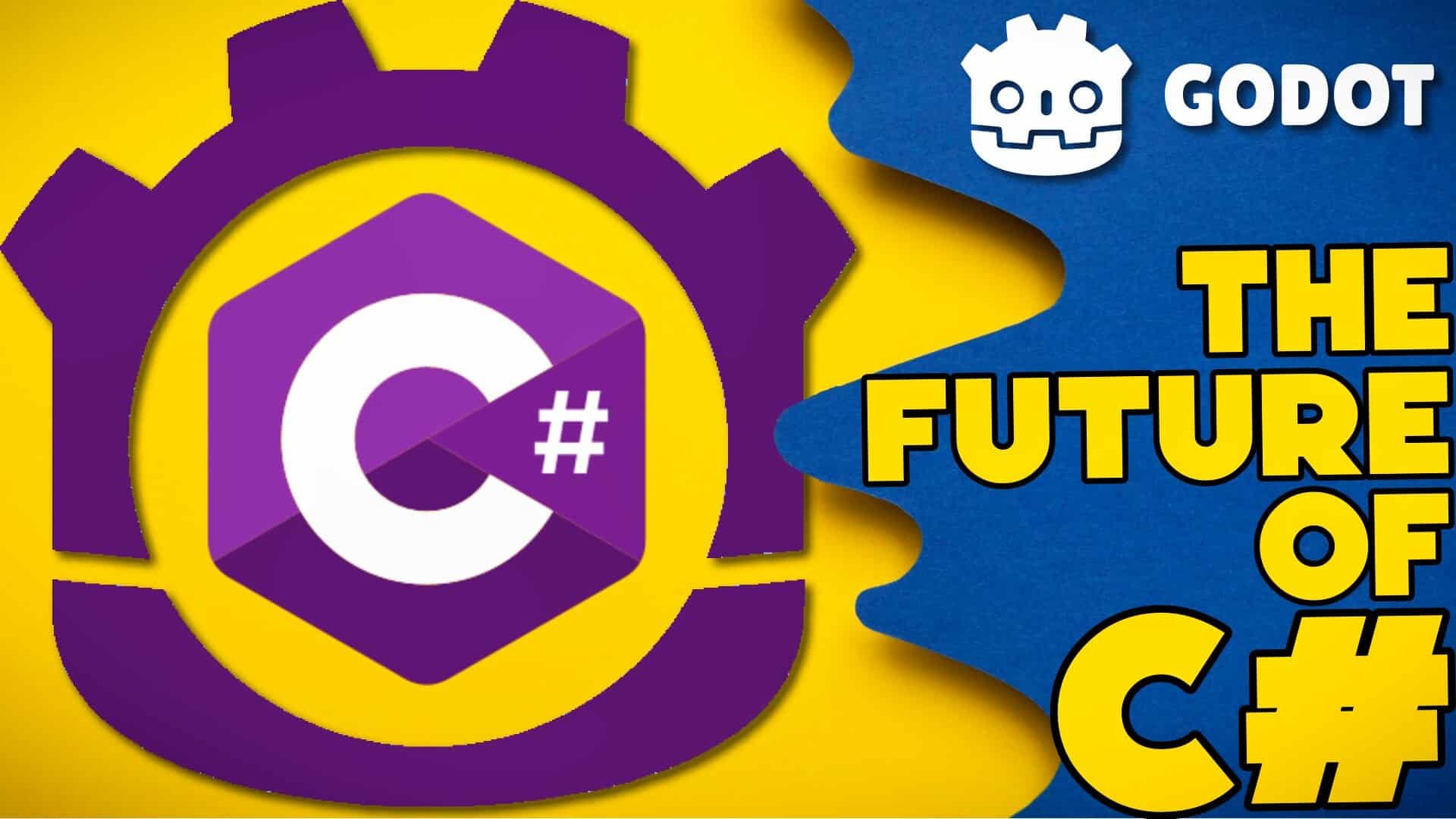Or, ya know, just learn another language. It's not a big jump.
Edit: Godot 4.x is already slated to support a plethora of languages- including C#.
But even if the devs decided to not support C# for some reason: you're really going to walk away from a game engine over not being able to use C#?
It's a single purpose language. Learning it will bring you no benefit other than using Godot.
Learn c# and you can do basicly anything you want.
Also gdscript is kinda ugly.
Well I mean the biggest thing that would be the ultimate ideal would be anything that can maximize the ability to bring existing unity projects over to godot. IE minimal refactoring needed.
Big thing is not just getting people to start their new projects, but what about those who have spent 3+ years mastering their game, only to have the rug pulled out from under them when it was 80% of the way to release worthy.
I'm going to say it (and eat the downvotes): Unity devs have become entitled, and kinda deserve the new Unity pricing structure.
Supporting more and more devices and functionality of c# on weirder and weirder runtimes. It is a mountain of dev work that Unity is paying for and subsidizing for your game. If there was an open source effort to make a unified c# runtime across all platforms that would be one thing, but it will always be front run by new features releasing to .NET so it will never exist.
Changing an existing agreement for pricing without any warning is gross. But something had to give eventually. I would have told you that 10 years ago.
.net 7+ is an open source unified runtime.
Unity just needed to move to .net (previously .net core) to save a tonne of work.
From unity's perspective it is a bunch of wasted work. Thats the issue - they threw a billion dollars at developing their proprietary c# runtime and not recouping the cost of investment. But they can't wait around for Microsoft to make moves. And they probably don't want to open source their runtime either out of fear that a free game engine using it will make the rounds.
Godot ultimately has the right approach: offer support through universal bindings to it's underlying archetype and let devs decide what they want in their game's stack. Everyone wins.


